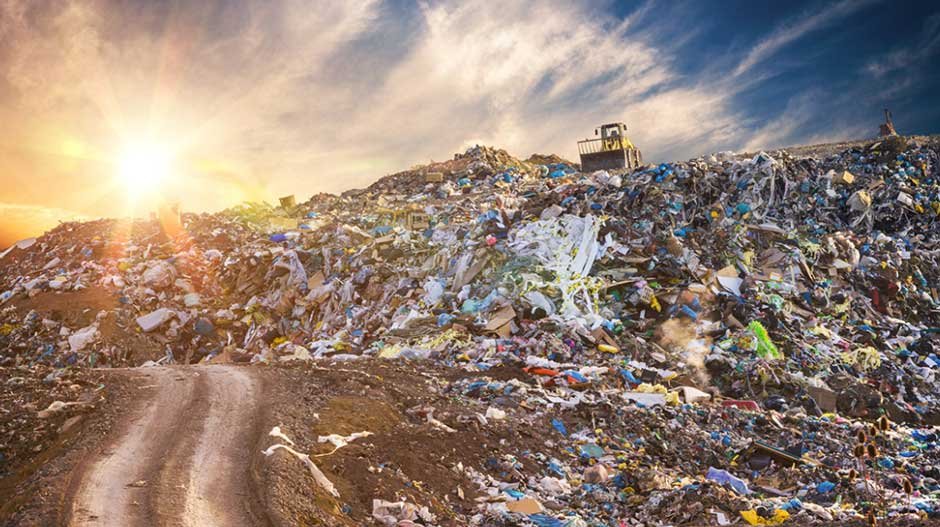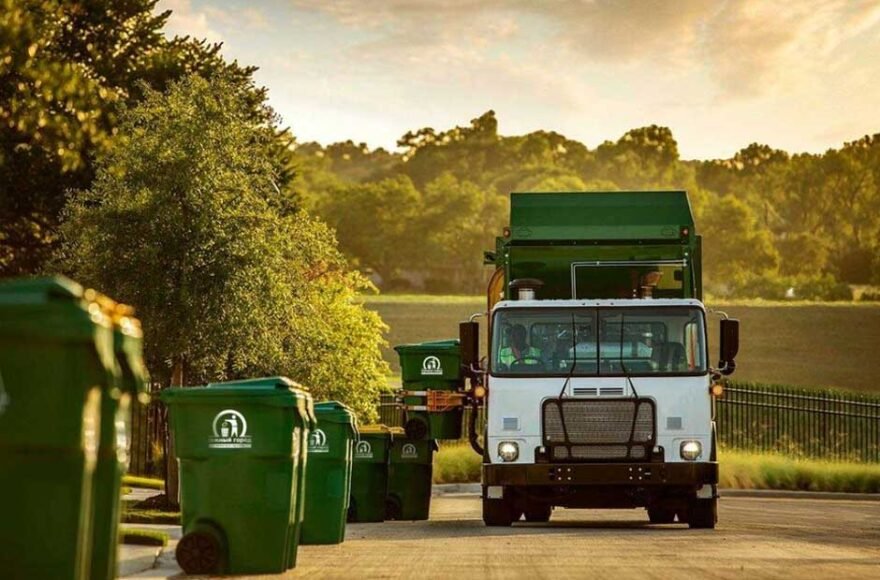What are Some Innovative Solutions to Reduce Landfill Waste

Landfills contribute to greenhouse gas emissions and even soil as well as water pollution. Moreover, most resources get wasted in landfills and could have possibly been reused if managed in the right direction. Innovative strategies are essential to minimize the waste generated and to promote a circular economy where resources are reused and recycled. Of these numerous techniques to realize this, Skip Hire Lathom provides a realistic answer in the sense of collection and sorting of wastes. Such a service makes it efficient in waste management without clogging landfills. Thus, it is possible to safeguard our environment and make future resources productive again with smarter ways of waste management. In that respect, six innovative solutions to reduce landfill waste have been outlined to achieve it effectively.
Home and Workplace Composting Encouragement
Composting is a very effective yet simple action that prevents organic waste from being disposed of in a landfill. Organic waste materials will include food waste, gardening waste and other such products that are biodegradable into nutrient-rich compost. The end product produces less methane in the process at the landfill and is an available resource for gardens as well as agriculture. Composting of wastes by starting at home is done in a relatively straightforward way. In small domestic premises, bins may be kept in kitchens or gardens, while bigger setups exist for workplaces, schools and community centres that cater for increased amounts of biodegradable wastes. It also provides additional benefits like improving the quality of soil, reducing chemical fertilizer usage and fostering environmentally friendly gardening practices.
Promoting Upcycling and Creative Reuse
Upcycling is an imaginative and practical way of reducing waste into something worthwhile using discarded materials to make valuable products. Unlike recycling where the materials are usually broken down into their raw form, upcycling adds value or useful property to a product. For example, old furniture can be restyled as home decor, used clothing that can be redesigned into attractive accessories, or jars repurposed for storage.
Implementing Advanced Recycling Technologies
The investment by the government and private sectors in these innovative technologies will transform the waste management system. This investment not only reduces landfill waste but also creates jobs in emerging industries. For example, awareness programs through public media can educate the citizenry to use recycling facilities with the new high technologies. By embracing such innovations, we will end up recycling more materials and reducing resource waste.
Promotion of Zero-Waste Events and Enterprises
Zero-waste efforts seek to prevent or even minimise the creation of waste. In this effort, some people advocate that waste could be avoided in events, instead, use reusable goods, emphasizing sustainable ones. Likewise, a business entity can establish itself as zero-waste if it achieves some practices like minimization, refilling and obtaining supplies from a legitimate sustainable supplier.
Supporting Community Sharing and Repair Programs
Community sharing and repair programs are a great way to reduce waste and bring people together. Many items, including tools, appliances and even clothing, are underutilized and end up in landfills too soon. Sharing platforms, including tool libraries or community swap events, enable people to borrow or trade items rather than buy new ones. There are also repair cafes where broken items are fixed by skilled volunteers. The program reduces waste and makes essential items available and affordable for all people. These can be promoted through providing funding, space and other forms of outreach through local government and organizations. Such programs cause communities to repair and share instead of throwing away, thus elongating the product life cycle with a smaller burden on landfills.
Use of Biodegradable and Eco-Friendly Materials
Switching to biodegradable and nature-friendly materials is the proactive reduction of waste in landfills. Products made from compostable material, such as bioplastics, bamboo, or paper-based alternatives, decompose faster and safely than typical plastics. Businesses can lead this change through sustainable packaging and production methods. Consumers can respond by choosing eco-friendly brands and products with minimal ecological impact. Government policies will help in the process, of promoting the manufacture and consumption of biodegradable products. Public education can further spread awareness of the importance of biodegradable materials for easy consumption and adaptation into everyday life. Through love for biodegradable materials, we can significantly reduce the amount of nonbiodegradable waste at landfill sites and subsequently create room for a greener future.
Conclusion
Innovative solutions like composting, upcycling and advanced recycling technologies can offer the most efficient ways of reducing landfill waste while protecting the environment. Initiatives such as sharing platforms, repair programs and using biodegradable materials make these efforts even stronger. Services play a very important role in facilitating the streamlining of waste management and diminishing landfill contributions. These strategies can be implanted by individuals, businesses, or governments to create a future world that is both sustainable and landfill-free. It is going to be an opportunity to present innovation, protect resources and secure the future for generations to come.





